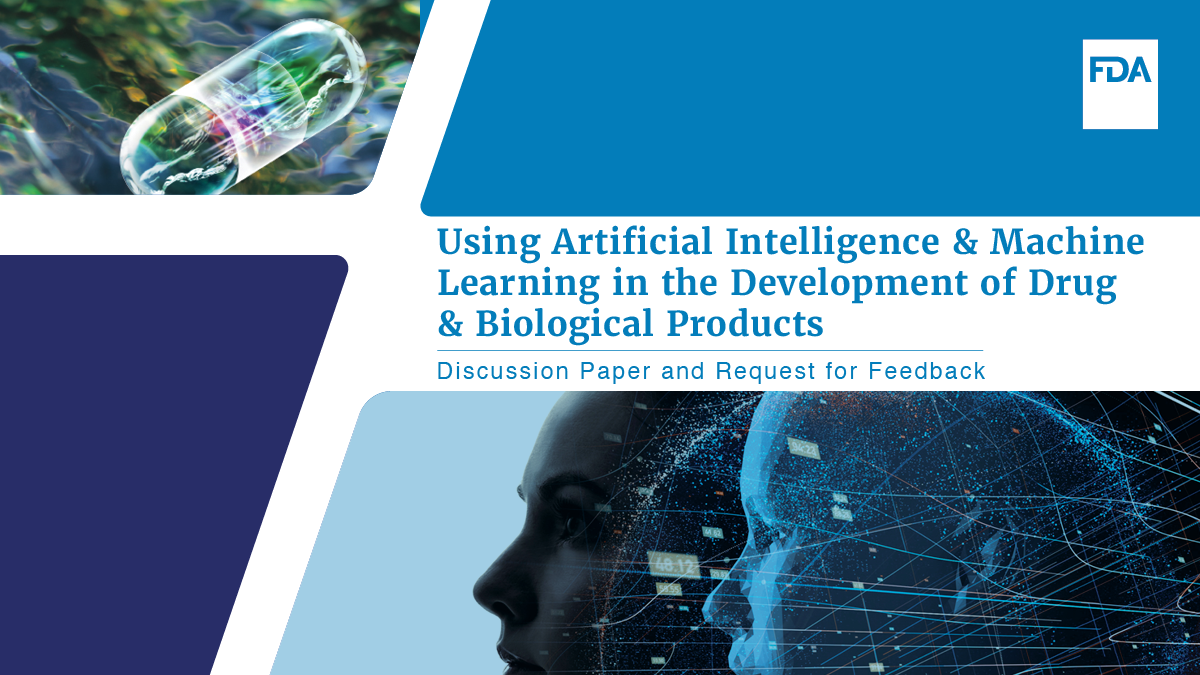In recent years, the use of artificial intelligence (AI) and machine learning (ML) has become increasingly prevalent in drug development and therapeutic areas. The U.S. Food and Drug Administration (FDA) defines AI as a branch of computer science, statistics, and engineering that employs algorithms or models to perform tasks such as learning, decision-making, and prediction. These applications span all aspects of drug development, from drug discovery and clinical research to post-market safety monitoring and drug manufacturing.
However, with any new technology, there are both opportunities and challenges to consider. For example, the use of algorithms with opaque internal operations may lead to pre-existing biases or error amplification in the data. To address these concerns, the FDA is dedicated to creating a flexible regulatory environment that encourages innovation while protecting public health. FDA released a preliminary discussion paper on May 10, 2023, aimed at communicating with stakeholders and exploring considerations related to the use of AI/ML in drug and biologics development.

The discussion paper covers the current status and potential applications of AI/ML in drug development, including drug discovery, non-clinical studies, clinical studies, post-marketing safety monitoring, and drug manufacturing, as well as considerations for its use. The three main topics discussed are:
- Overview of current and potential uses of AI/ML: The FDA recognizes the potential of Al/ML to enhance drug development in many ways and provides examples.
- Considerations for using AI/ML: The FDA is also aware of the potential concerns and risks of emerging innovations such as AI/ML and will share initial considerations and solicit feedback on how to help ensure the responsible use of AI/ML in drug development.
- Next steps and stakeholder engagement: The FDA is interested in opportunities to engage with all stakeholders to build a common understanding of the AI/ML system and it’s rapidly evolving potential uses and considerations in drug development.
This discussion paper serves as a preliminary consideration for the FDA’s future communication with stakeholders about regulating AI/ML in drugs and biologics. In addition, the paper outlines the importance of monitoring model performance to ensure reliability, relevance, and consistency over time. The FDA will continue to solicit feedback and engage with stakeholders to develop a framework for regulating AI in drug development applications.
